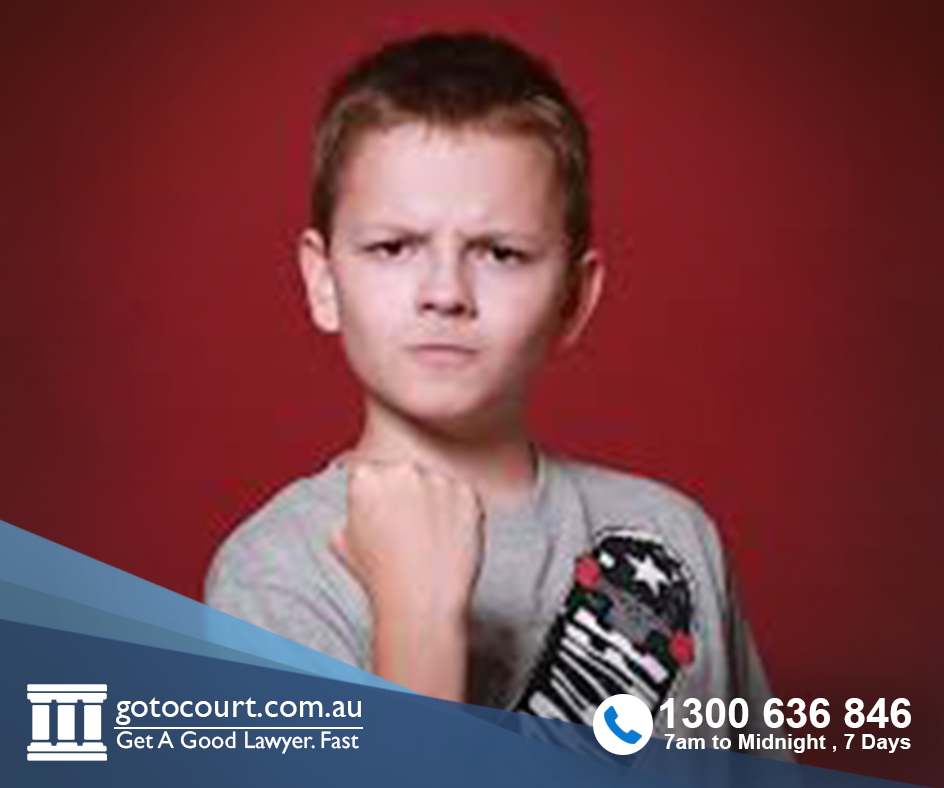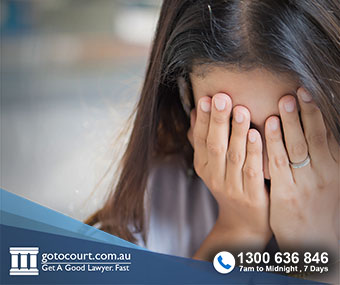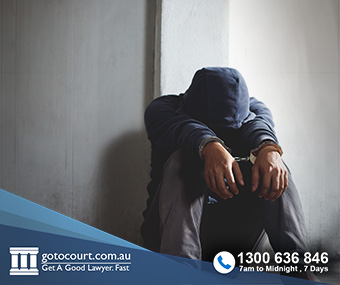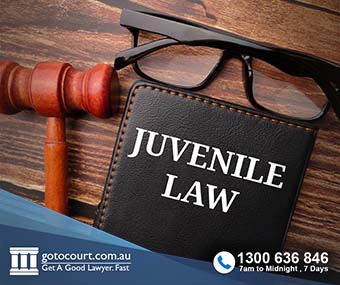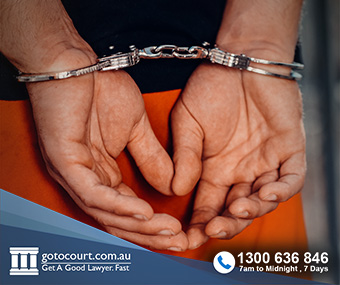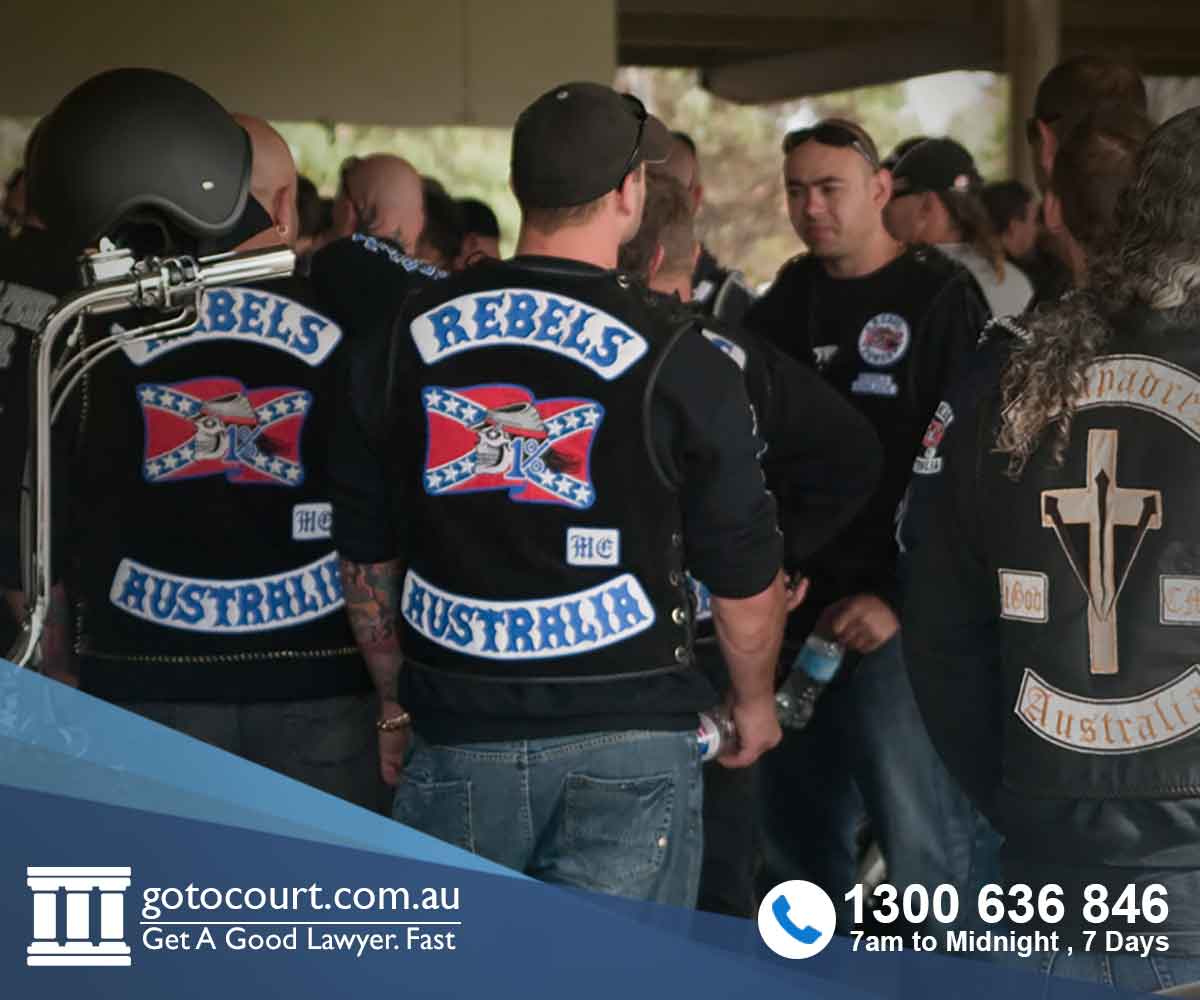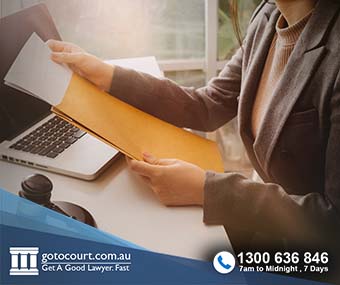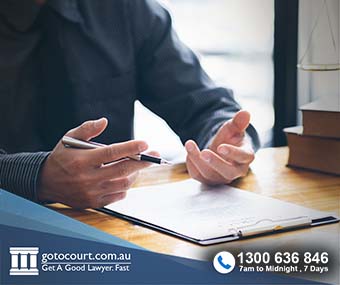Call our lawyers
now
or,
have our lawyers
call you
Unlawful Wounding in Queensland
Updated on Dec 23, 2022 • 4 min read • 364 views • Copy Link
Unlawful Wounding in Queensland
In Queensland, the offence of unlawful wounding is set out in the Crimes Act 1899. It is one of a variety of offences that involve causing physical injury to another person without lawful excuse. It is contained in section 323 of the Criminal Code 1899.
Penalty for unlawful wounding in Queensland
The offence of unlawful wounding can attract a term of imprisonment of up to seven years. These matters generally attract custodial sentences, though these may be wholly or partly suspended. While seven years is the maximum penalty for this offence, most people found guilty of wounding will receive much shorter terms of imprisonment. Courts may also impose a non-custodial sentence if it is appropriate to do so. This may be a community work order, a fine, or a good behaviour bond.
What is unlawful wounding?
The offence of unlawful wounding occurs when a person breaks another person’s skin without a lawful excuse. Both layers of skin must be broken for the offence to be made out, but the injury does not have to be longstanding or serious. It is not necessary for a weapon to be used, though wounding offences are often committed with a weapon such as a knife. ‘Glassing’ incidents also commonly result in a charge of unlawful wounding.
Aggravated unlawful wounding in Qld
In Queensland, if the offence of unlawful wounding is committed in a public place and the offender is intoxicated, it is mandatory for the court to impose a community work order regardless of whether it also imposes other penalties.
Jurisdiction
The offence of unlawful wounding is indictable and is dealt with in the Queensland District Court.
Defences to unlawful wounding
A person who is charged with unlawful wounding may have a legal defence available to them
The defence of self-defence
Under sections 271 and 272 of the Criminal Code 1899, a person is not guilty of an offence if they use force against another person in self-defence or in defence of someone else. For this defence to succeed, the accused must have believed their actions to be necessary in self-defence and their actions must have been proportionate to the threat they believed they were facing.
The defence of duress
A person is not guilty of an offence if they acted under duress. Duress exists when a person is placed under extreme pressure to carry out an act, through the making of serious threats if they do not comply. If the person acted only out of fear that such a threat would be carried out if they did not comply, they have a full defence to the offence of unlawful wounding.
The defence of insanity
A person is not guilty of a criminal offence if they were suffering from a mental impairment or mental disease that meant that they were unable to understand or to control their actions. This defence is set out in section 27 of the Criminal Code 1899.
The defence of immature age
A person cannot be found guilty of an offence if they were below the age of criminal liability (which is 10 in Queensland). A child between the ages of 10 and 14 can be found guilty of an offence only if the prosecution establishes that they had the capacity to understand that their actions were wrong. This is set out in section 29 of the Criminal Code 1899.
Should I plead guilty or not guilty to wounding?
If you have been charged with wounding, you should review the charge and the allegations carefully with a lawyer. Before you decide how to plead, your lawyer needs to assess whether you are guilty of the offence and whether the prosecution can prove it. This means reviewing the evidence carefully and identifying whether there are any defences available.
If you plead guilty, Go To Court Lawyers will prepare a plea in mitigation to highlight any factors in your favour to the court. This may involve gathering character references from people who know you well and know about the charges. It may also involve providing the court with evidence that you have taken steps to address your offending.
If you plead not guilty, Go To Court Lawyers will run your contested hearing. This may involve challenging the admissibility of prosecution evidence and calling evidence in your defence.
If you require legal advice or representation in any legal matter, please contact Go To Court Lawyers.


Affordable Lawyers
Our Go To Court Lawyers will assist you in all areas of law. We specialise in providing legal advice urgently – at the time when you need it most. If you need a lawyer right now, today, we can help you – no matter where you are in Australia.How It Works








1. You speak directly to a lawyer
When you call the Go To Court Legal Hotline, you will be connected directly to a lawyer, every time.


2. Get your legal situation assessed
We determine the best way forward in your legal matter, free of charge. If you want to go ahead and book a face-to-face appointment, we will connect you with a specialist in your local area.


3. We arrange everything as needed
If you want to go ahead and book a fact-to-face appointment, we will connect you with a specialist in your local area no matter where you are and even at very short notice.


